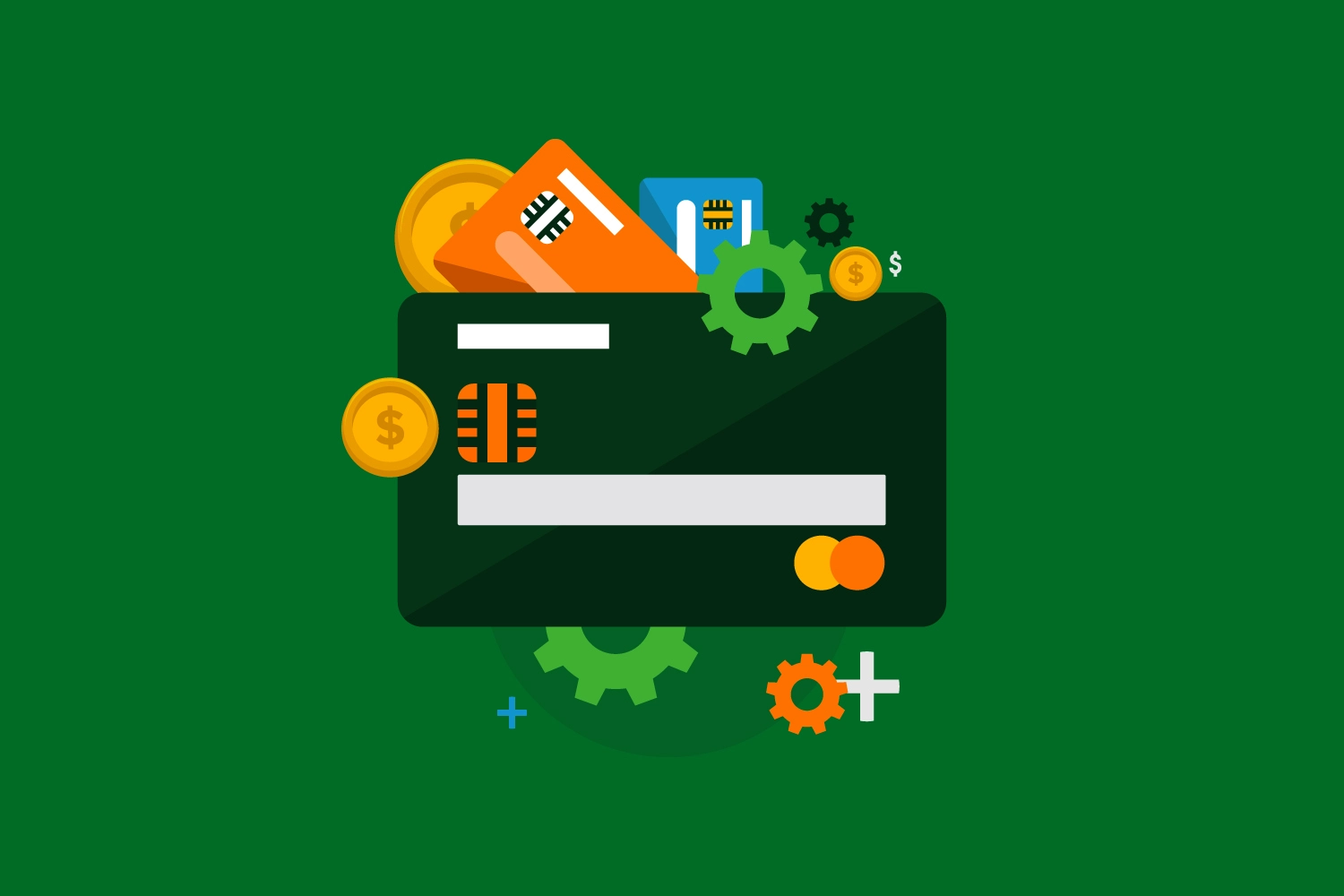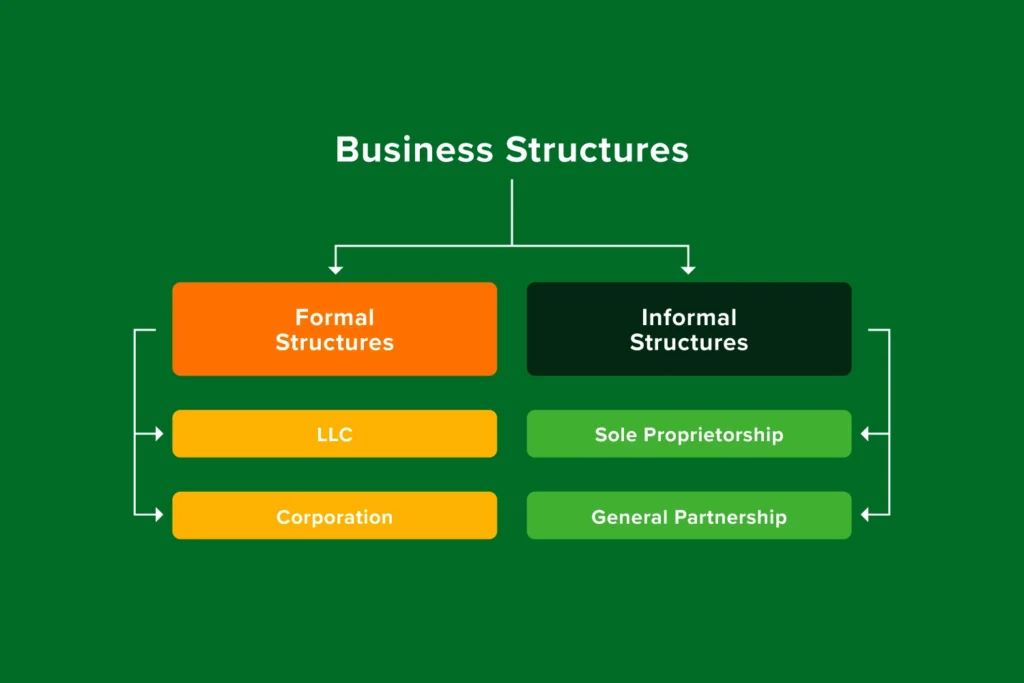Disclaimer: The articles published here on the City of Eau Claire Economic Development Division website are meant to be a helpful starting point as you explore doing business in our community. They’re not the final word on rules, requirements, or what’s best for your unique situation. We always recommend checking in with legal, financial, or other professionals for advice tailored to your business.
If you’re starting or growing a business in Eau Claire, you’ve probably come across the term “business credit” when looking into loans or other funding options.
Just like your personal credit score, your business’s credit helps banks, suppliers, and landlords decide whether to work with you and on what terms. Strong business credit can open doors, including improving your chances of getting approved for financing, securing better interest rates, and helping you negotiate with vendors. And it also protects your personal credit by reducing the need for personal guaranties.
Let’s take a closer look at how to build business credit successfully.
First Things First: What Is Business Credit?
Business credit works a lot like personal credit. It’s a score that reflects how responsibly your business handles money—things like paying invoices on time, managing debt levels, keeping up with financial obligations, and so on.
But here’s the key difference: Business credit is linked to your business’s legal identity—its name and Employer Identification Number (EIN), not your Social Security Number. That means your business can build its own credit profile, separate from your personal credit.
Why does that matter? Because this separation creates a financial boundary between you and your business, protecting your personal assets and opening up more opportunities.
With strong business credit, your company is more likely to:
- Qualify for business loans or lines of credit
- Receive better financing terms and lower rates
- Lease office or retail space more easily
- Build trust with vendors and suppliers
Think of it as your company’s financial track record. The stronger it is, the more confidence others will have in working with you, whether you’re applying for funding or negotiating a big contract. And yes, even if you’re just getting started, now is the perfect time to begin building it.
Why Business Credit Matters (Even If You’re Just Starting Out)
If you’re in the early stages of launching your business in Eau Claire, business credit might not feel like a top priority, but it should be. Laying the groundwork now will give you more flexibility and security later.
Here’s why building business credit is such a smart move:
It opens doors to funding.
Whether you’re applying for a loan, a business credit card, or a line of credit with a supplier, your credit score matters. A healthy credit profile increases your odds of approval and can lead to larger funding amounts with better rates, both of which are valuable when you’re trying to grow.
It protects your personal credit.
Without a strong business credit history, lenders often require personal guaranties, which means using your personal credit and putting your assets on the line. Establishing separate business credit helps keep your personal and professional finances in their own lanes.
It strengthens vendor relationships.
Many suppliers may offer more favorable payment terms (like net-30 or net-60) to businesses with solid credit. That means you can receive products or services now and pay later, improving cash flow in those early days of operation.
It adds credibility.
Strong credit shows you’re running a well-managed business. It signals to landlords, partners, investors, and even potential customers that you’re financially reliable, which can give you an edge when it comes to partnerships or negotiations.
The bottom line is, even if you’re not borrowing money yet, you might want to at some point, and the financial habits you build today will set the tone for your business’s future success when the time comes.
How to Start Building Business Credit
Building business credit doesn’t happen by accident; you have to be intentional. With just a few key steps, you can get started on the right foot.
1. Form a legal business entity.
To establish business credit, your company needs to be officially recognized as a separate legal entity, usually as an LLC or corporation. If you’re operating as a sole proprietor, you’d need to make the switch. Doing so usually protects your personal assets more effectively and tells lenders and vendors that you mean business.
2. Get an EIN from the IRS.
Think of your Employer Identification Number (EIN) as your business’s Social Security Number. It’s free to apply for at IRS.gov, and you’ll need it to file taxes, open accounts, apply for credit, and hire employees. Once you have your EIN, your business can begin building its own credit profile.
3. Open a business bank account.
A dedicated business checking account helps keep your finances organized and is essential for establishing credit. It shows lenders and credit bureaus that you’re treating your business like a separate entity. Many Eau Claire banks and credit unions, like Royal Credit Union and WESTconsin Credit Union, offer business banking services tailored to startups and small businesses.
4. Apply for a business credit card.
Even if you don’t carry a balance, using a business credit card helps establish a credit history. Just make sure the card reports to business credit bureaus like Dun & Bradstreet, Experian Business, or Equifax Business. And as you begin swiping it, try to keep your credit utilization under 30% to maintain a strong score.
5. Work with vendors who report payments.
Not all vendors report to credit bureaus, so it’s worth asking. If they do, consistently paying invoices on time (or early) can help build your credit. Better yet, some vendors offer trade credit, allowing you to “buy now, pay later.” This not only builds credit but also helps smooth out your cash flow.
6. Pay bills on time—or even early.
Your payment history is one of the most important factors in your credit score. Even one late payment can hurt your progress. Set up reminders or automate payments to make sure everything gets paid on time, whether it’s your credit card, utilities, or vendor invoices.
Taking these steps early sets your business up for success, giving you more flexibility, stronger relationships, and better access to capital as you grow.
How Do I Check My Business Credit Score?
Once your business credit starts building, it’s important to monitor it, especially if you plan to apply for financing or establish new vendor relationships.
Unlike personal credit, business credit scores vary by reporting agency. The three major business credit bureaus are:
- Dun & Bradstreet (D&B): D&B uses a Paydex Score, which ranges from 0 to 100. A score of 80+ typically means your business pays its bills on time or early. To get started, request a free D-U-N-S Number on their website.
- Experian Business: Experian’s Intelliscore Plus also ranges from 1 to 100. It factors in payment history, credit utilization, public records, and more. You can purchase a one-time report or subscribe for ongoing access.
- Equifax Business: Equifax uses several scoring models based on lender data, credit card accounts, and public records. Their reports tend to provide more detailed financial insights.
Monitoring your business credit helps you catch errors, track your progress, and prepare for future funding. It also gives you an edge when negotiating with lenders or suppliers, because you’ll know exactly how your business appears on paper.
🔗 Start Here:
Final Thoughts
Business credit might not be on your radar yet, but it’s one of the most important behind-the-scenes tools you can build early on. It influences everything from your access to funding to how others view your business. Even if you’re just getting started in Eau Claire, it’s never too early to lay the groundwork.
Article Cover Illustration by Freepik





